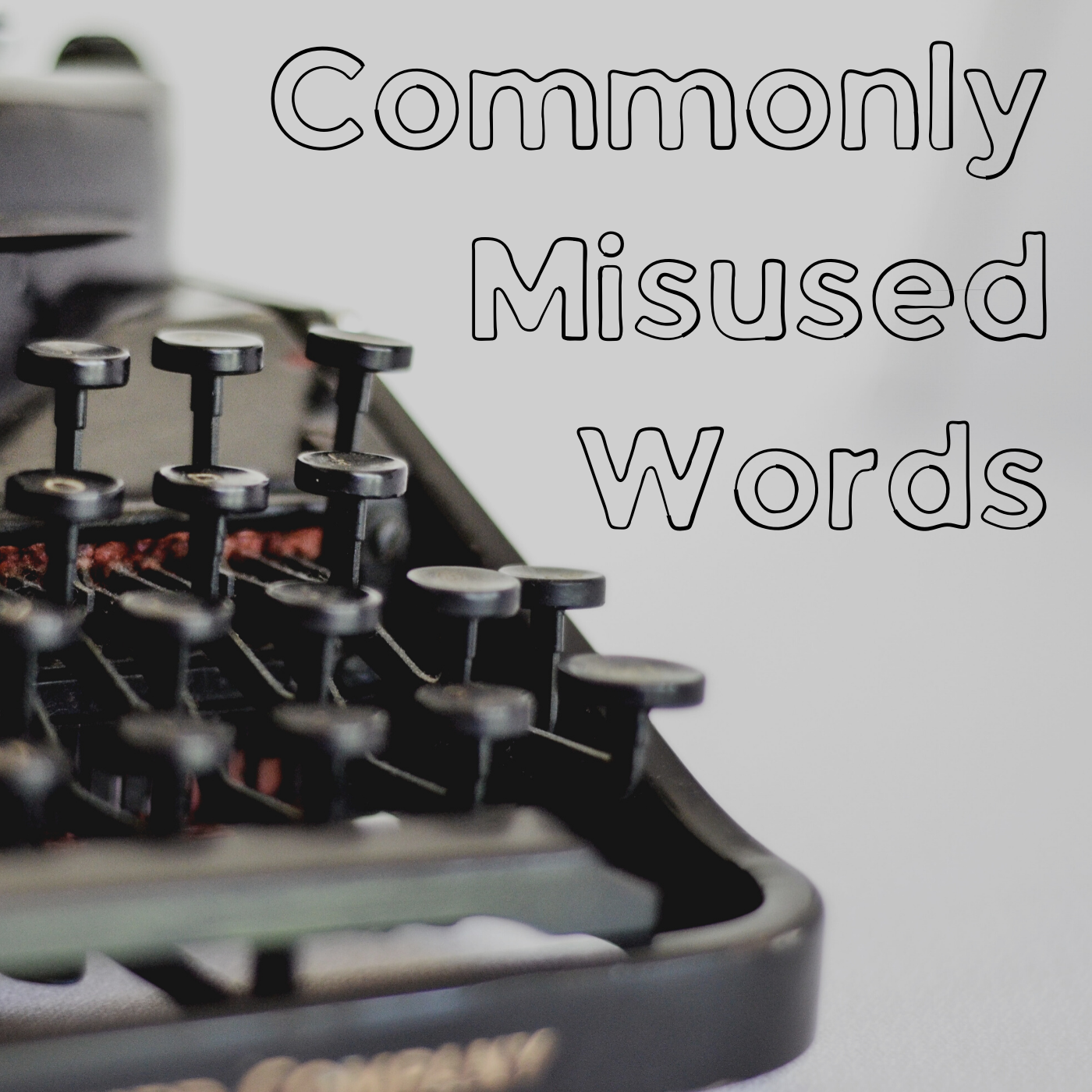
|
|
Commonly Misused Words (and How to Use Them Correctly)
Some words are so consistently misused that they almost seem like examples of the
Mandela effect, a psychological phenomenon in which many people independently misremember something in the same way. This phenomenon is named for a false collective memory of Nelson Mandela dying while imprisoned in the 1980s (this didn't happen). Another common example is the false collective memory that the Fruit of the Loom logo includes a variety of fruits spilling out of a cornucopia (in reality, the illustration comprises only fruits; no such cornucopia was ever included).
That brings us to our first commonly misused word: comprise. More often than not, you'll see the word used like this: "Ahman's lesson plan for the cell structure unit was comprised of a short lecture, a drawing activity, a 3D demo, and a short quiz." In this example, comprise is used in the way the word compose is supposed to be used. Comprise actually means "consist of," so the correct way to use it in the above example is "Ahman's lesson plan for the cell structure unit comprised a 20-minute lecture, a drawing activity, a 3D demo, and a short quiz."
Let's have a look at a few more commonly misused words:
- Less and Fewer: Less should only be used to discuss uncountable nouns. Fewer should be used to discuss countable nouns (e.g., "I have fewer eggs, less milk, and way less motivation than would be necessary to successfully complete this recipe.").
- Ensure and Insure: Ensure means "make sure of" or "guarantee" and can be used in just about any context. Insure should only be used when discussing the process of purchasing or selling an actual insurance policy (e.g., for a car, house, someone's life, etc.).
- Farther and Further: Farther should only be used when discussing physical distance (e.g., "If you stand any farther from the ledge, you won't be able to see the river."). Further, on the other hand, should be used when discussing less literal, more figurative distances (e.g., "I like that idea, but I think you could really push it further by applying it to a specific cloud storage scenario in your presentation.").
- Historic and Historical: Historic should only be used to discuss things that were important or groundbreaking (e.g., "The 1969 moon landing was a historic achievement for Project Apollo."). Historical, on the other hand, can be used to describe anything from the past or that happened in the past (e.g., "Jen carefully studied historical maps in order to make her worldbuilding as realistic as possible in terms of layout when writing her novel about a fictional maid living in medieval Scotland.").
The more these words are misused in news, advertising copy, blogs, and elsewhere in our lives, the more likely we as readers are to misincorporate these words into our lexicon, which makes sense. The Mandela effect is a similar phenomenon, but it's likely quite a bit more complicated. For more insight on that, check out
this interview with memory researcher Elizabeth Loftus.
Image Credit: Debby Hudson via Unsplash; Canva
|